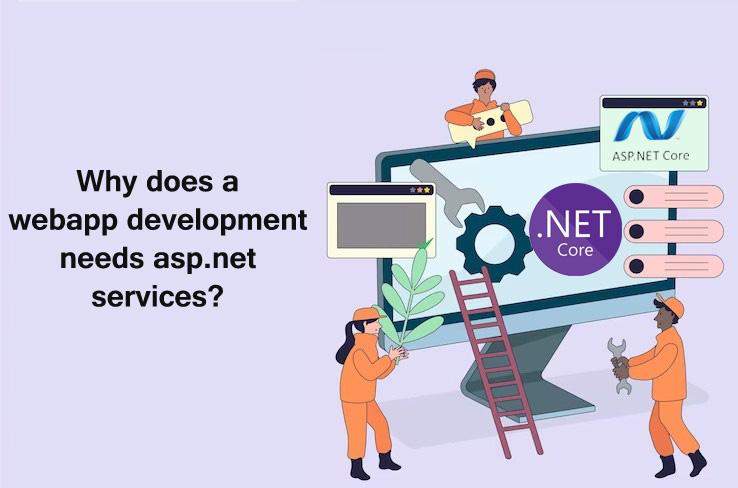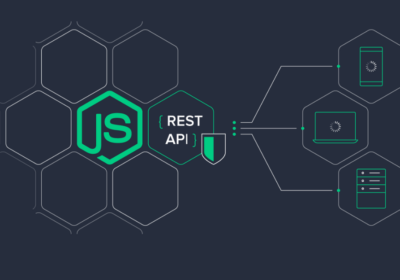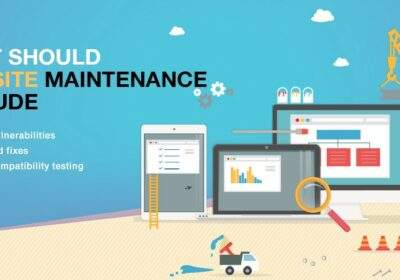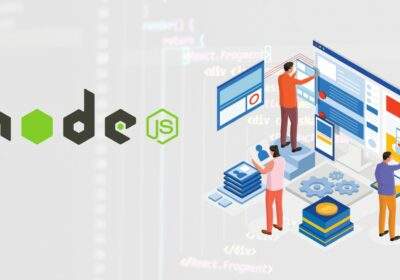
7 Best Frameworks for Android App Development in 2023
Are you looking for the best frameworks for Android app development? Then, you have landed at the right place.
With over 2.5 billion active Android users in more than 190 countries and 3.553 million apps available in the Google Play Store, it is clear that the Android app industry carries huge potential for the future.
These statistics unmistakably show the market’s rising need for mobile applications, and in order to satisfy such demands, innovative tools capable of producing mobile applications in the shortest amount of time while remaining within a reasonable budget are needed.
Having said that, there are no longer any traditional ways to create Android apps. The robust and incredibly efficient mobile app development frameworks have taken their place. Businesses are transitioning from a traditional approach to a contemporary one due to the increasing demand for Android devices and applications, which is the reason for their exponentially expanding popularity.
We will examine the best 7 frameworks for mobile app development that will dominate the market in 2023 in this article. So let’s get going.
Best Android mobile app development frameworks
1. Flutter
Google’s free, open-source framework, Flutter, enables the creation of native Android and iOS app devices from a single codebase. It is a ground-breaking cross-platform SDK that distinguishes itself by utilizing a distinct strategy to build applications with a native-like appearance and experience.
It is an unrivaled and incredibly dependable mobile UI toolkit that accelerates the development process while enabling the creation of visually attractive apps. This framework enables developers to create and distribute visually appealing mobile apps by providing components, a rendering machine, tools for testing and connecting APIs, and more.
Some of the popular examples of apps using Flutter are GoogleAds, KlasterMe, Alibaba, GooglePay, Kotak, and more.
2. Reасt Nаtive
React Native is a Java-based app creation framework that Facebook released in 2018. Worldwide, there is a huge demand for this framework, with more than 40% of app developers regularly utilizing it. The ecosystem’s success comes from the fact that it enables developers to build cross-platform apps with a natural look and feel.
This framework’s primary feature is that it utilizes a single piece of code, which makes it incredibly attractive to app developers and company owners, especially new companies. Because it is time- and cost-effective, it enables start-ups to stay viable in the marketplace.
Some of the popular examples of apps using React Native are Facebook, Facebook Ads, Walmart, Instagram, Bloomberg, Townske, and more.
3. Xamarin
Another cross-platform, free software mobile app development framework is Xamaerin from Microsoft. This framework comprises coding languages like .Net and C to enable the creation of high-quality mobile apps. End customers are given a unique user interface by Xamarin’s mobile apps’ native efficiency and flexibility. Developers may build an environment with Xamarin that has a base, components, and more. To further accelerate the creation of applications, Xamarin considerably reduces the integration of various tools, structures, and scripting languages.
Some of the popular examples of apps using Xamarin are Oro, MRW, Storyo, Captio, The World Bank, and more.
4. Ionic
Ionic is consistently regarded as the best platform above the other mobile app development frameworks due to its out-of-the-box capabilities. You can develop dynamic cross-platform applications, hybrid, and PWAs with the help of Ionic.
This free app builder platform offers top-notch features for creating apps. Additionally, Ionic allows you to constantly build apps and deliver them to accessible places. Ionic Studio, the frantic edition of the Ionic, is quite powerful. You might install it offline to have a simpler visual development environment.
Some of the popular examples of apps using Ionic are MarketWatch, ChefSteps, Sworkit, Firstly, Calla, and more.
5. Corona SDK
Next best Android mobile app development framework in our list which is free is Corona SDK. It is known for building potent gaming apps. The framework is built on the Lua programming language, which is intuitive, compact, and versatile for making gaming applications.
The framework further is commonly employed to produce cross-platform mobile gaming apps that are playable on a variety of operating systems, including iOS, Android, and Nook.
Some of the popular examples of apps using Corona SDK are Henry the Cloud, Tower Crush, Alpha Omega, Windsquire, and more.
6. jQuery Mobile
The jQuery Mobile Android framework is next one of the most straightforward tools for developing mobile and online applications. The fact that the whole basic app interface may be created in HTML-5 with minimal code in JavaScript is a huge benefit for developers.
Moreover, the framework makes Ajax, CSS animations, and other managing events quite simple. Also, it has an inbuilt theme structure that lets app developers to customize the look and feel of the program to fit the particular needs of every job.
Some of the popular examples of apps using jQuery Mobile are Henry the Cloud, Tower Crush, Alpha Omega, Windsquire, and more.
7. Onsen UI
One of the greatest frameworks for developing sophisticated hybrid apps that provide a native feel across devices while using a single source code is Onsen UI. The framework is simple to learn because it is compliant with Angular JS 1, 2+, React, and Vue and offers a wealth of instructional materials on its website.
It also offers a vast selection of UI components, like sections, stack navigating, and a list, that further simplify the development process and shorten the time to market.
Final Words
So that’s all for the best Android frameworks that are being widely used across the app developer community.
The Android market dominance of mobile applications is a result of improved branding, personalization, and user engagement. This has increased the demand of the versatile app development frameworks. They are far more efficient, reliable, and produce uncompromising results.
Now coming to your next doubt, which is: which framework should you go with?
The answer lies in your requirements. Make a list of them, and then match your checklist with the features these frameworks are providing and simply go with them.
















